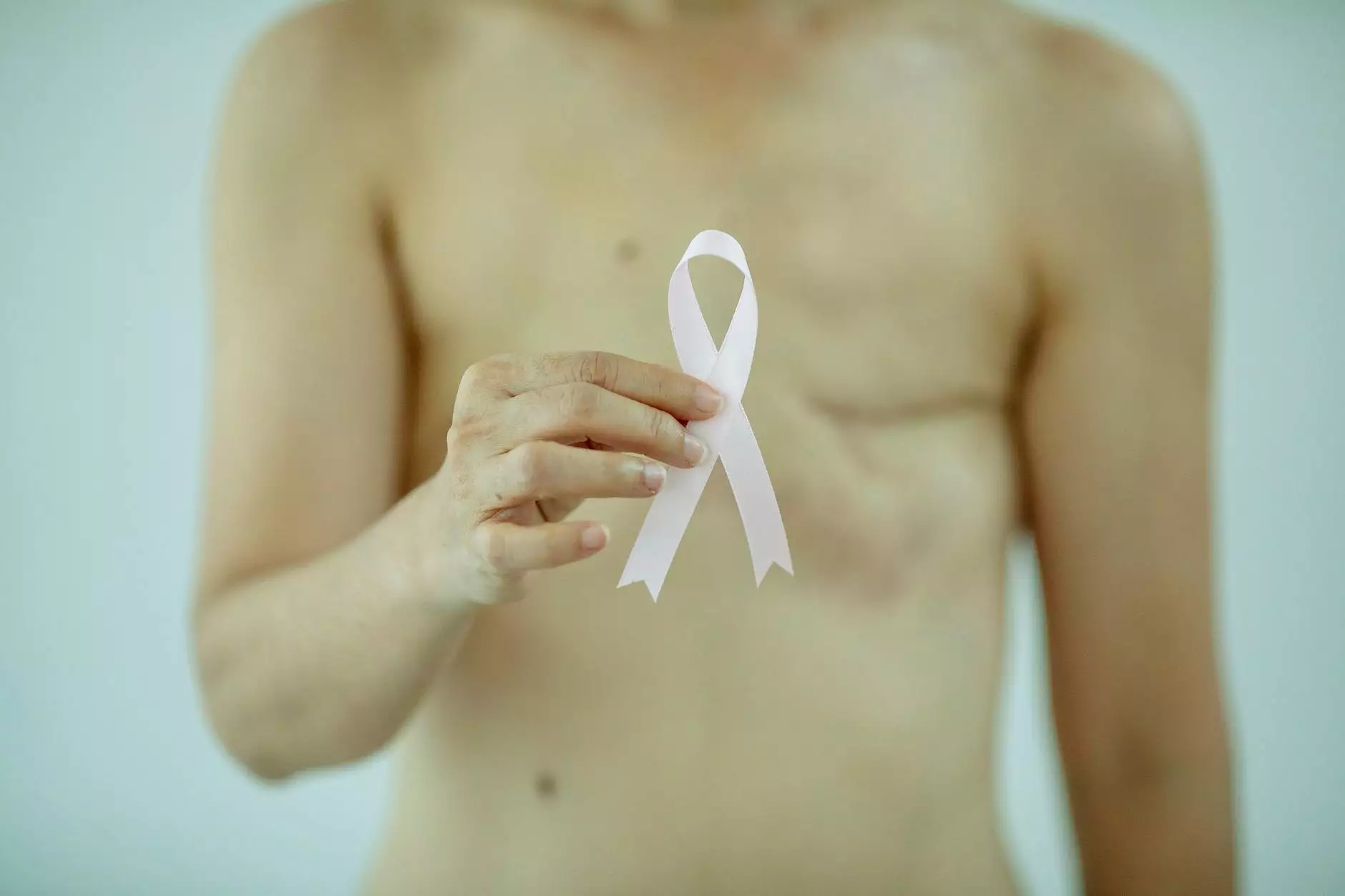Which Foods Should HIV Patients Avoid?
Health
As a lifestyle publication committed to providing valuable information, Ageless Wisdom Magazine recognizes the importance of diet for individuals living with HIV. In this article, we delve into the dietary considerations for HIV patients and highlight the foods that should be avoided to promote overall well-being.
The Impact of Diet on HIV
Proper nutrition plays a crucial role in managing HIV. It can help boost the immune system, maintain a healthy weight, and alleviate certain symptoms associated with the condition. While there's no specific diet for HIV patients, it's important to be mindful of certain foods that may pose risks or hinder treatment effectiveness.
Foods to Avoid
1. Unpasteurized Dairy Products
Unpasteurized dairy products, including raw milk and soft cheeses made from unpasteurized milk, can harbor dangerous bacteria such as Listeria, which can cause severe infections in individuals with weakened immune systems. It is best to opt for pasteurized dairy products to minimize the risk of foodborne illnesses.
2. Undercooked or Raw Eggs
HIV patients should avoid consuming undercooked or raw eggs as they may contain Salmonella, a bacteria that can lead to food poisoning. It's recommended to cook eggs thoroughly to ensure any potential pathogens are eliminated.
3. Raw Seafood
Raw or undercooked seafood, such as oysters, clams, and sushi, may expose HIV patients to harmful bacteria, viruses, or parasites. It is crucial to ensure all seafood is properly cooked before consumption to reduce the risk of infections.
4. Unwashed Fruits and Vegetables
Fruits and vegetables should always be thoroughly washed before consumption to remove any potential contaminants, including bacteria, pesticides, or residues. Properly washing produce minimizes the risk of infections and enhances overall food safety.
5. Excessive Sugar
A high-sugar diet can adversely affect the immune response and contribute to inflammation in HIV patients. It is advisable to reduce the consumption of sugary foods and beverages, opting for healthier alternatives such as whole fruits or natural sweeteners in moderation.
Additional Considerations
While it's important to avoid the aforementioned foods, HIV patients should also focus on maintaining a well-balanced diet that includes:
- Lean proteins such as fish, poultry, and legumes for essential amino acids.
- Colorful fruits and vegetables rich in vitamins, minerals, and antioxidants.
- Whole grains for dietary fiber and energy.
- Healthy fats, including avocados, nuts, and olive oil, for overall well-being.
It's crucial for HIV patients to work closely with healthcare professionals, nutritionists, or dietitians to develop personalized dietary plans that accommodate their specific needs and ensure optimal nutrition.
In Conclusion
Ageless Wisdom Magazine hopes this article has provided valuable insights into the foods that HIV patients should avoid to facilitate better management of their condition. By making informed dietary choices, individuals living with HIV can enhance their overall well-being and support their immune system.
Remember, while diet is essential, it's crucial to incorporate it into a holistic approach to living with HIV, including regular medical care, proper medication adherence, and a supportive network.




